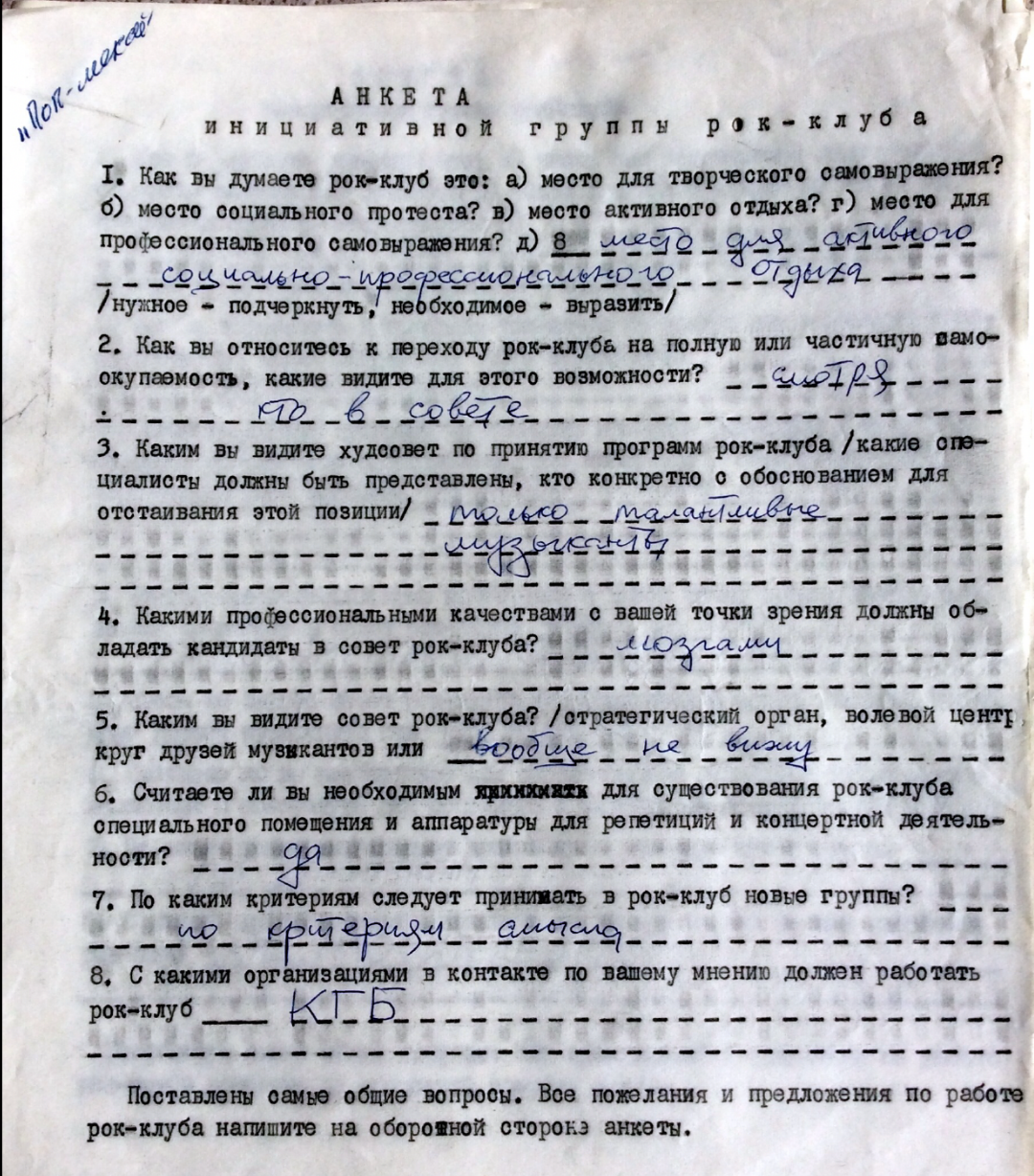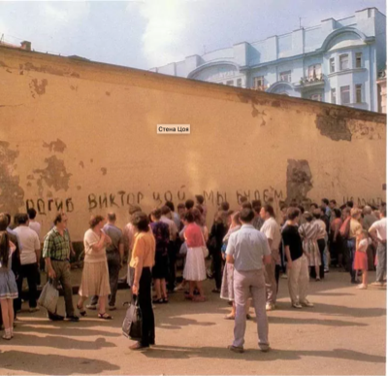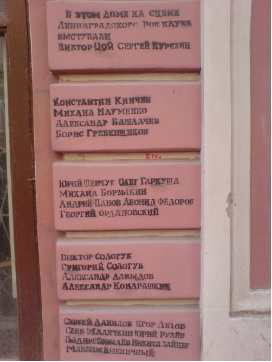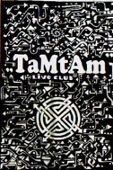Search Results
Search Terms
Results: Displaying Artifact 19 - 24 of 26 in total
Text Containing:
curator: Rita Safariants
Page: 4
Aleksei Balabanov's "Brother 2" (2000)
The 2000 sequel to Balabanov’s (1959-2013) cult 1990s-era neo-noir, Brother, brought its heroes to Chicago, where they took on both American and Ukrainian villains.
A 1997 interview with Sergei Bodrov, Jr. (1971-2002)
The actor and TV host Sergei Bodrov, Jr. is interviewed shortly after the release of Aleksei Balabanov’s (1959-2013) cult gangster film, Brother.
An “initiative group survey” from the Leningrad Rock Club
This official “initiative group survey” from the Leningrad Rock Club was completed by Sergei Kuryokhin (1954-1996) of the band Pop Mekhanika sometime in the 1980s.
“Tsoi Wall” at 37 Arbat Street in Moscow
From a single memorial inscription for deceased Soviet rock star Viktor Tsoi (1962-1990), an entire wall of graffiti sprang up, forming an enduring pilgrimage site and evolving canvas for generations of fans.
Leningrad Rock Club at 13 Rubinshteyna Street, Leningrad/ St Petersburg.
This St. Petersburg graffiti wall, which commemorated the Leningrad Rock Club, survived for two decades until its 2010 erasure by the building’s new owners.
TaMtAm Rock Club documentary for German television (1993)
This German television documentary captured one of Russia's first Western-style punk clubs, TaMtAm, founded in 1991 by Akvarium's Vsevolod Gakkel (1953-) after his visit to New York's CBGB.





